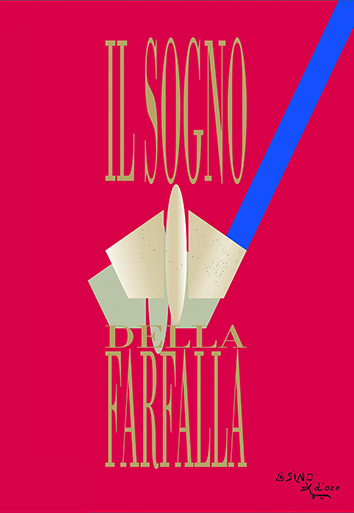The ugliest girl in Sparta. A study of dismorphophobia
Abstract
The theme of the article is dismorphophobia, a pathology characterized by the conviction of one’s ugliness, which has not yet found a definitive nosographic placing despite the fact that it is not uncommon, as testified by the fact that plastic surgery is ever widespread. On the basis of clinical observations and an analysis of the scientific literature an interpretation is offered that links dismorphophobia to hysteria, hypochondria and depression, given that it is strongly linked to the body. Once the symptomatic and non-syndrome nature of dismorphophobia is highlighted, an attempt is made to organize the symptom within the context of the alterations of ideas that can reach what we can call a delusion of ugliness, positioning it within the ambit of depressive delusions. In the light of some clinical data, such as the age of onset and bodily localization, an important role in the genesis of the pathology is attributed to alterations of the psychic transformation that is implicit when weaning takes place. At this point the possible disappointments our desire has undergone associated to the period of feeding that precedes it, bring about an alteration of the natural process of the definition of one’s bodily image, possibly contributing to the development of dismorphophobia.


